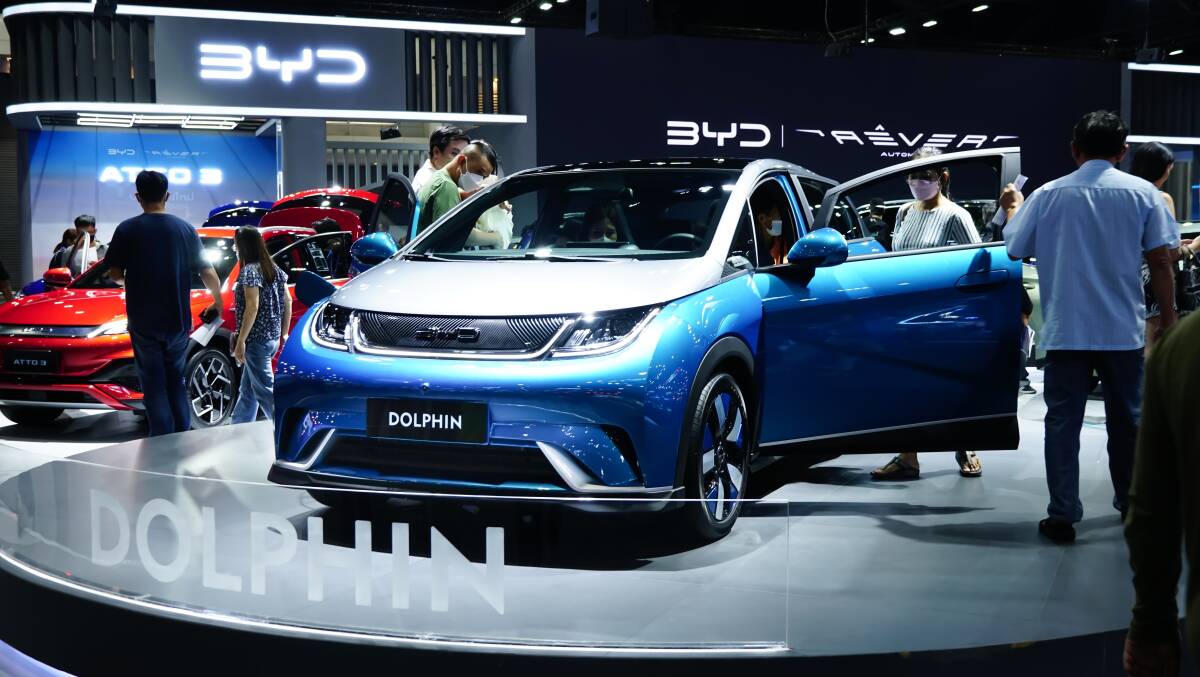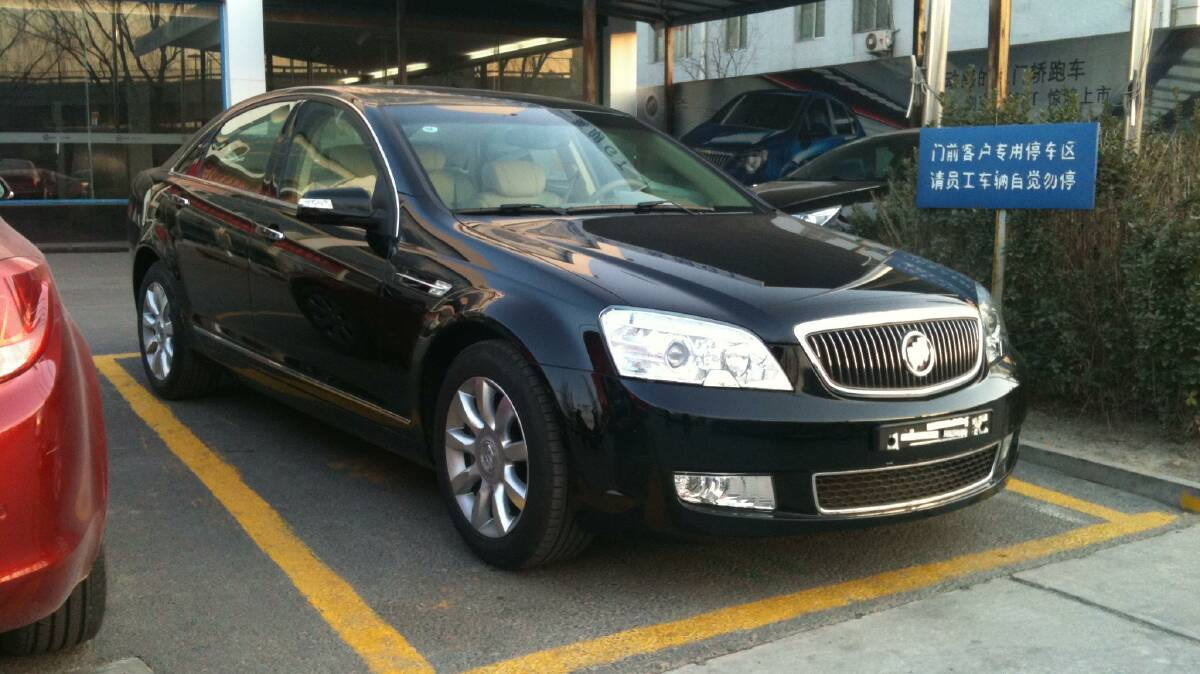It looks more like a slogan than a new policy. For a year or more, the Chinese Communist Party has been banging on about "high-quality development".
The idea is that China's economy doesn't have to grow as fast as before, and in fact it's not.
Rather, it just needs to grow in the right way, and then everything will be fine.
However, the CCP wants to spin it, the slowing of the Chinese economy is good news for us.
Pay no attention to the few Australians who, sounding like we haven't woken up to the threat, still say we want a prosperous China because it will buy more of our iron ore, wine, barley and so on.
Of course the CCP would like to make the economy sustain faster growth, if only that were possible. But the closer China gets to the level of developed economies, the fewer its opportunities to catch up by copying techniques and technology.
Meanwhile, its high-savings society has accumulated so much capital over the years, especially in the form of infrastructure, that adding more investment doesn't pay high returns any more.
Far too much money has gone into residential construction, creating an enormous debt bubble that exploded a few years ago.
Also, China's working-age population is shrinking.
And the international aggression of CCP General Secretary Xi Jinping is closing off foreign markets, with other countries deciding that relying on China is risky.

No one outside the government is really sure how fast the economy is growing, because the country's economic statistics, like almost any official information there, could be lies. Economists are aware of that, but, having nothing better to work with, most of them analyse the data as though it were rock solid.
Let's join them for a moment and forget our doubts.
The Chinese economy, measured by gross domestic product, will be 5 per cent bigger this year than it was last year, the government forecast this week. The official rise for last year was 5.2 per cent - helped by recovery from Xi's destructive and failed campaign to keep suppressing Covid-19 long after the rest of the world had moved on.
Soon, the trend rate is likely to drop towards 4 per cent, economists say.
For comparison, the International Monetary Fund forecasts our GDP growth at 1.4 per cent for 2024 and 2.1 per cent next year. So China is still gaining in strength relative to us, but not nearly as quickly as it did in the days when 10 per cent was normal for it. Those days ended around 2011.
Its economic gains relative to the rest of the world, accumulated over decades, are the source of its great power in international trade, politics and military force. The less of that, the better.
Now that the CCP can no longer offer such big improvements in prosperity, it's adopted this line about quality, not quantity being important. This involves upgrading industries, adopting high technology and creating a digital economy, it says.
Ho-hum. The CCP is always looking for industrial upgrades and high technology. Like the governments of East Asian countries that modernized before China, it tries to pick winning industries, usually by spotting the next big thing that's arising in developed countries, mainly the US.
All those Chinese electric cars that are suddenly popping up on our roads are a good example of how Chinese industry policy operates - how it sometimes fails but often succeeds.

Thoroughly protected by the government, the car industry was a bit of a joke until the first decade of this century, when Beijing accepted global trade rules.
Then foreign companies got widespread access to its market. Because the foreigners were forced into local partnerships, Chinese companies such as SAIC and Great Wall Motor began to learn to make good, reliable cars at moderate cost.
Still they struggled to sell under their own brands, especially outside of China. When I lived in the country, my friends there wanted VWs, Toyotas or Fords. My car was badged as a Buick, though it was really a Holden.
But the government kept supporting the industry and, importantly, shifted the focus to electric vehicles, which were obviously the future and fitted with its promotion of renewable energy.
Suddenly, around 2022, foreign experts were astounded to see that Chinese manufacturers were turning out electric vehicles that were really good value for money. The CCP would point to that and call it "high-quality development".
Yet even that story may not end well for China, because cars are increasingly connected via the internet to each other, road infrastructure and their manufacturers. That raises the question of whether a car made in China could spy for China.
So the Biden administration has launched an investigation into the risks. Connected vehicles "collect large amounts of sensitive data on their drivers and passengers [and] regularly use their cameras and sensors to record detailed information on US infrastructure," the White House said, perhaps also seeing an excuse for protecting American car makers.
Chinese manufacturers can thank Xi for the risk that they'll be excluded from the US market and, later, maybe many others. If his aggression in international affairs hadn't alerted the world to the threat from China - if China still seemed to be just a big economic opportunity, as most people thought a decade ago - hardly anyone would have imagined its cars acting as secret agents.
And not just cars. Under the concept called the internet of things, plenty more stuff around your home and workplace will be on line.
Will that be stuff that's been made in China?
- Bradley Perrett is a regular ACM columnist with a focus on Australia's relationship with China, covering defence, strategy, trade, economics and domestic policy. He was based in Beijing as a journalist from 2004 to 2020.


